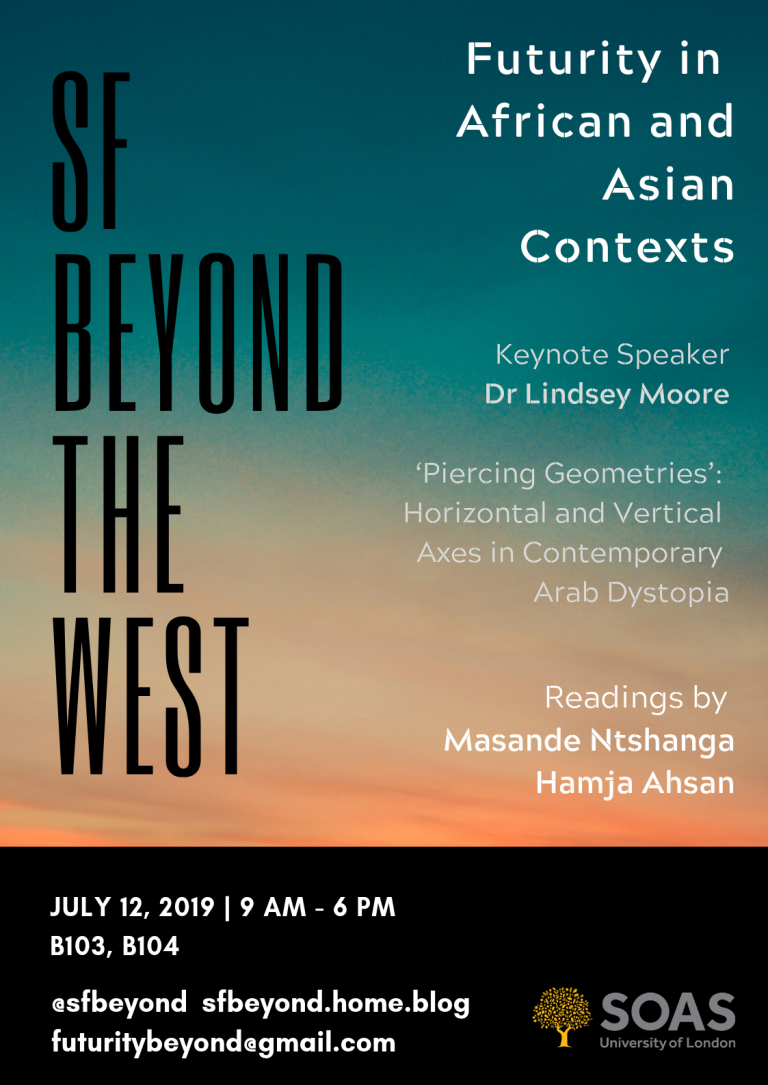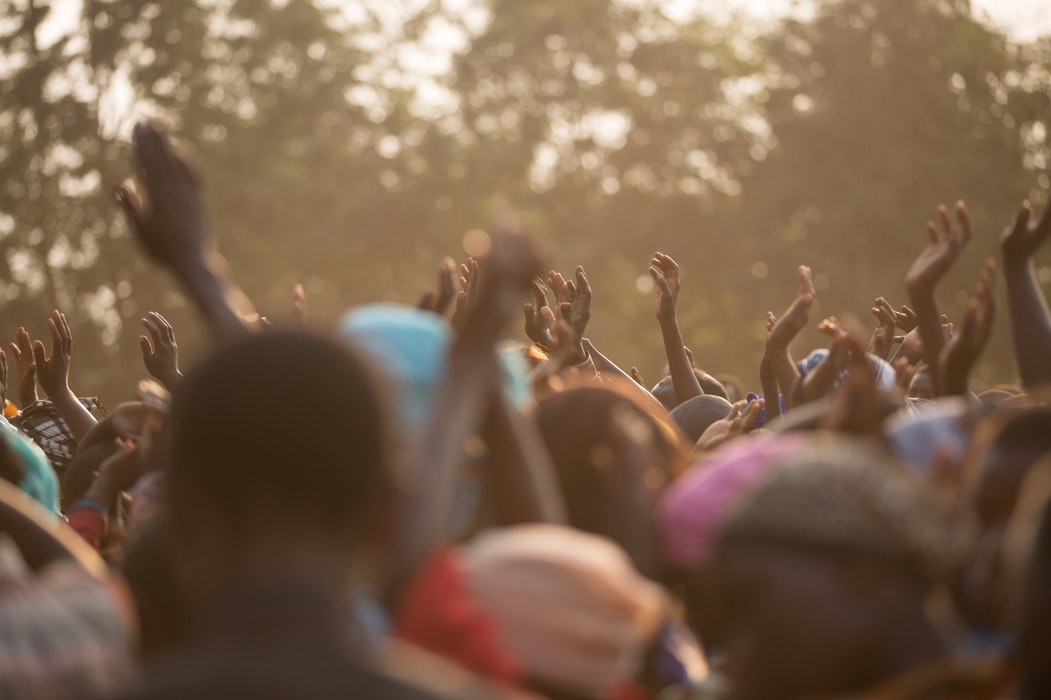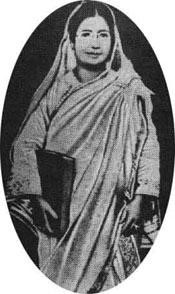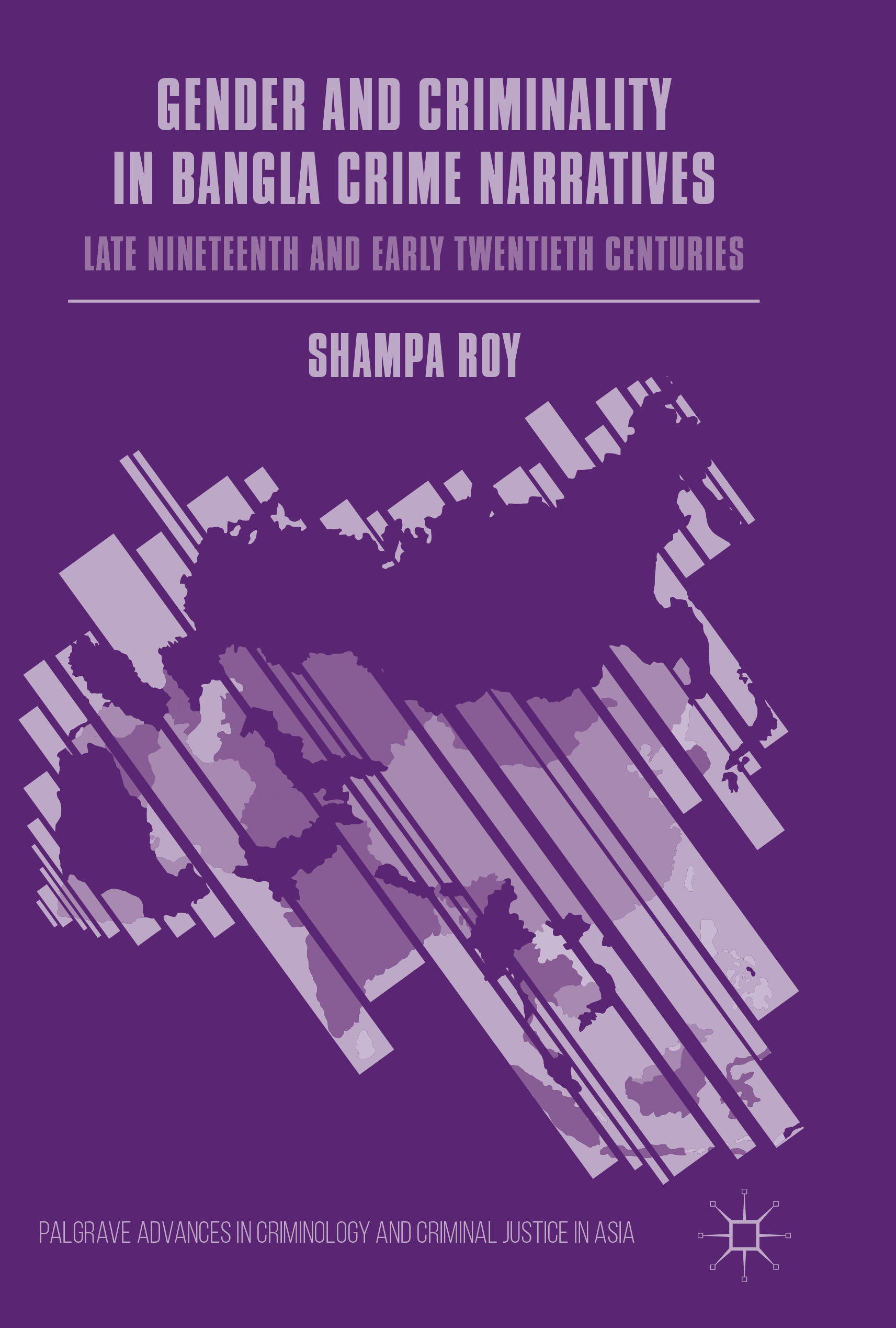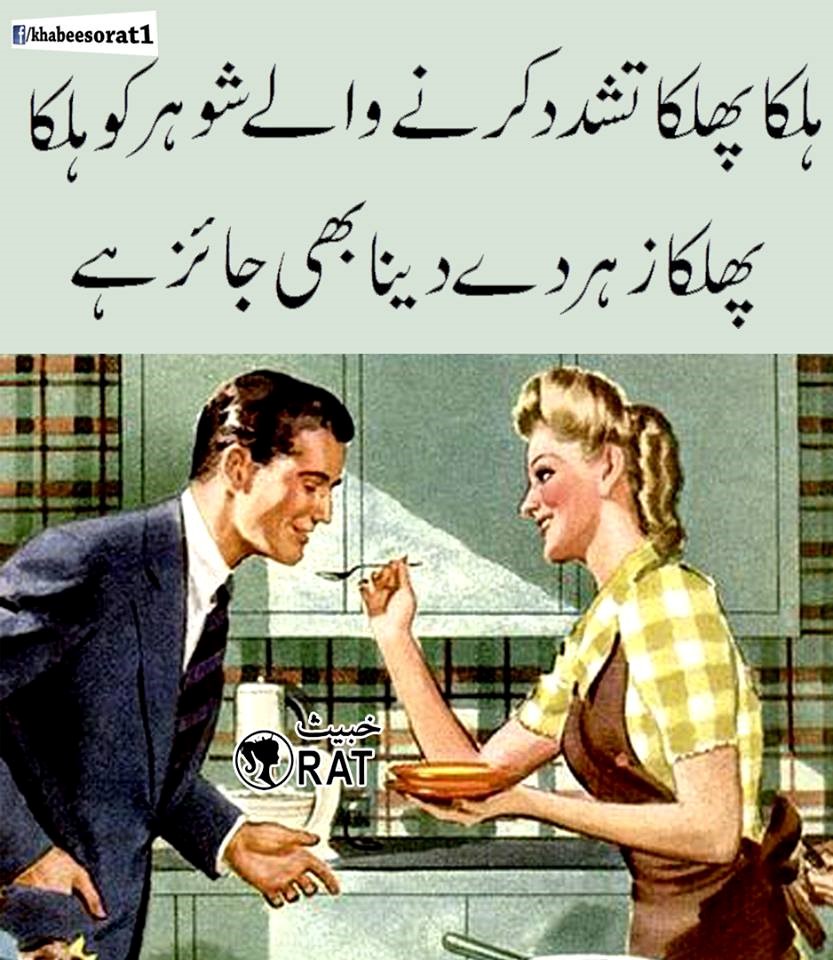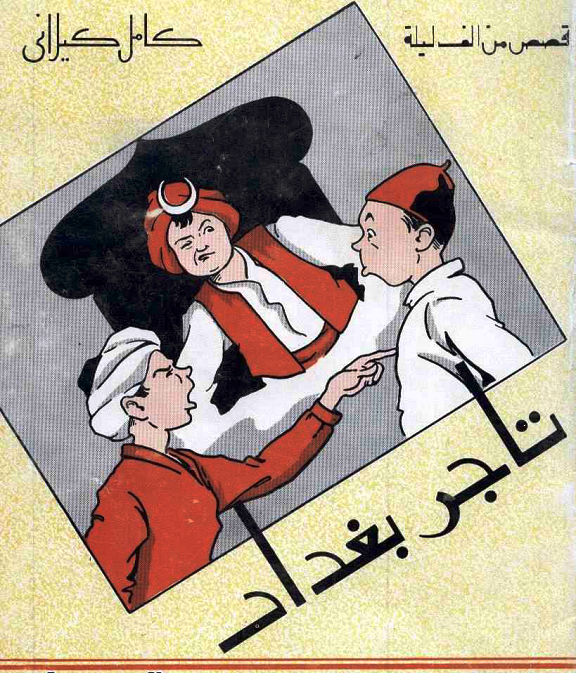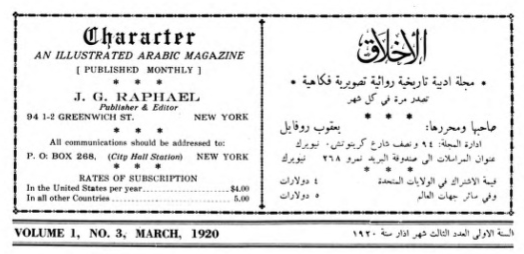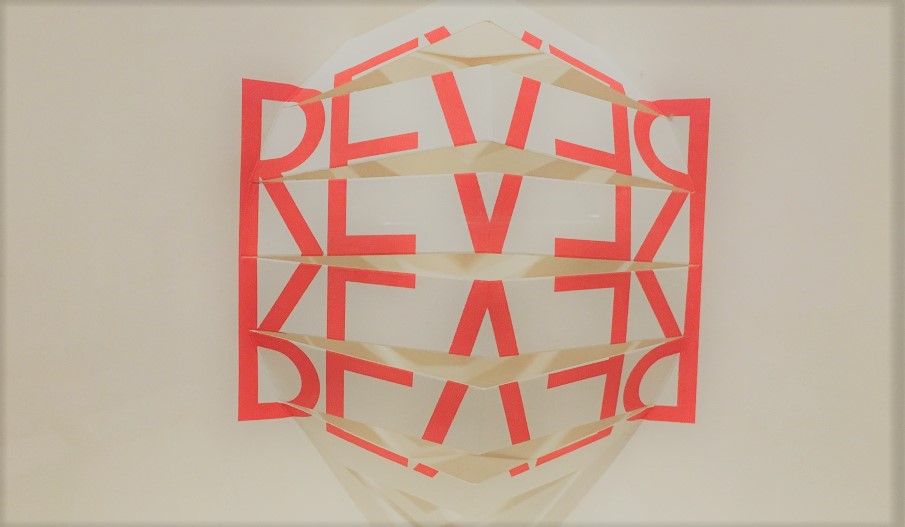Through a more critical engagement with the role of genre in debates on World Literature, we seek to make visible the different perspectives that become available when we give focused attention towards lesser acknowledged mediums and genres.
Science Fiction Beyond the West
MULOSIGE attended the conference Science Fiction Beyond the West: Futurity in African and Asian Contexts. Sneha Alexander gives a full summary of the event.


